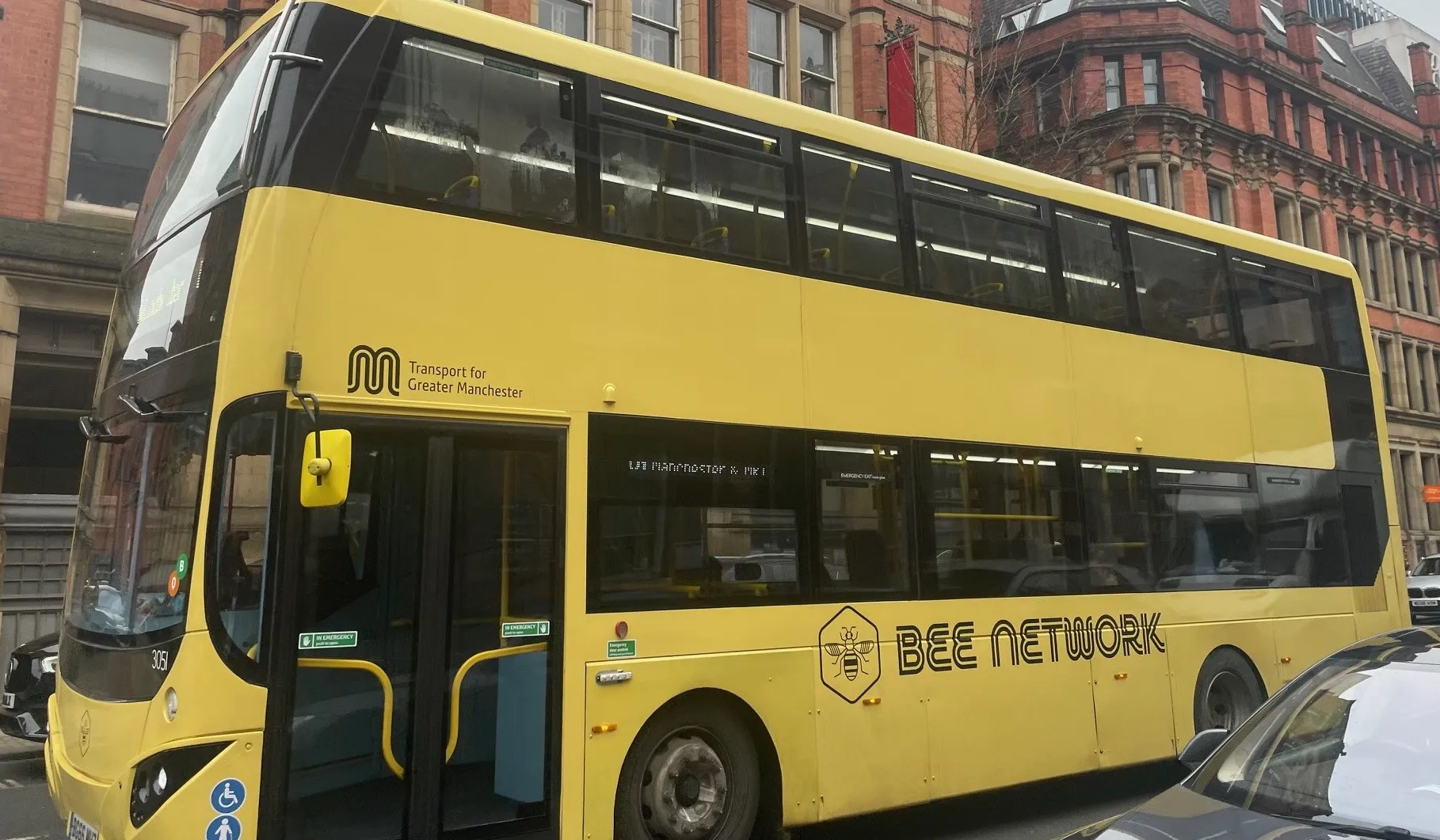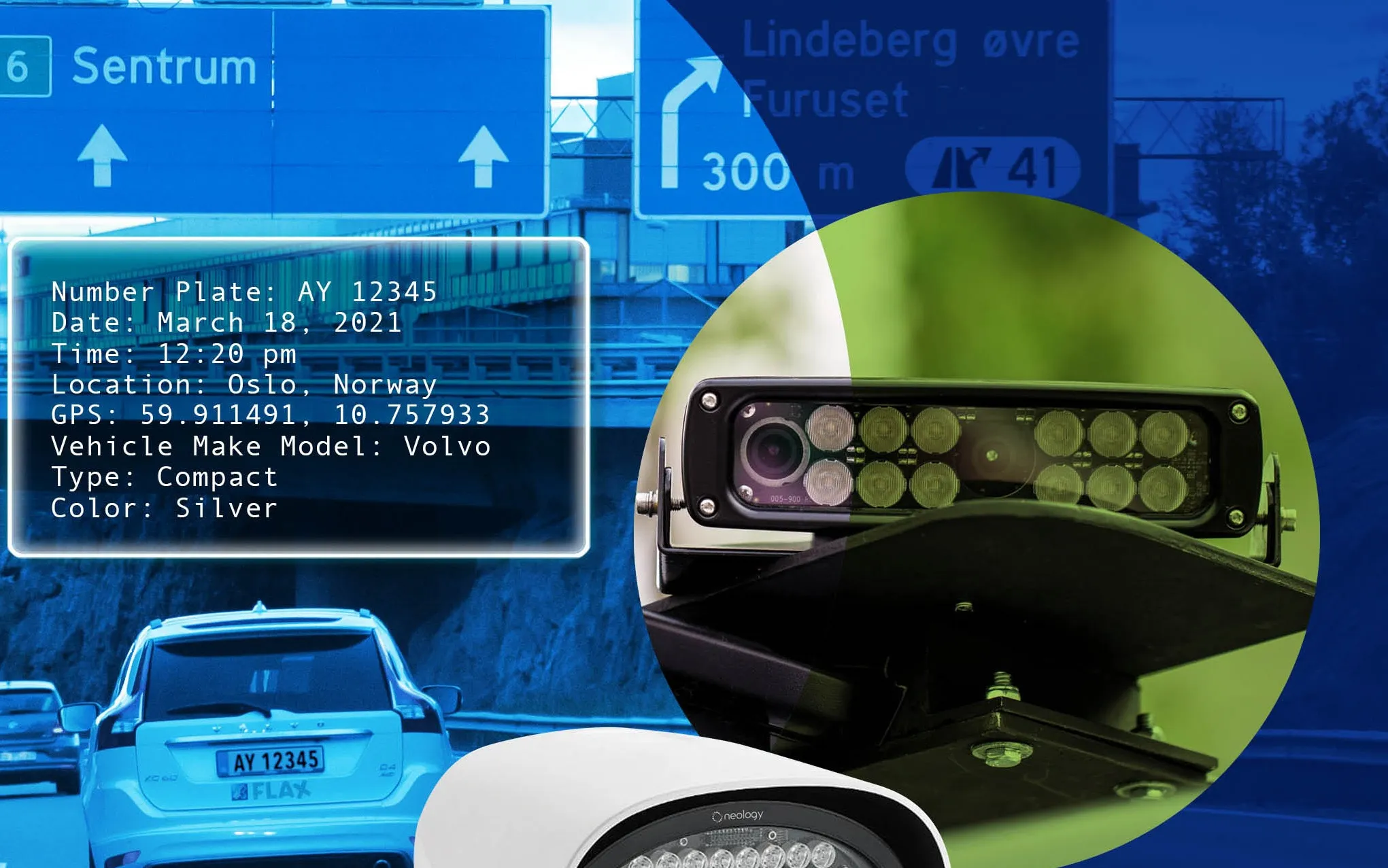
Transport for Greater Manchester has renewed its CitySwift partnership to power the city’s Bee Network bus services with artificial intelligence.
TfGM was the first franchised transport authority in the UK to use CitySwift’s AI-powered platform to deliver more reliable, frequent and quicker bus journeys on the Bee Network.
CitySwift’s performance optimisation platform enables TfGM to use performance data to manage key routes on the network.
TfGM says it is learning how AI can enhance its data-driven decision-making capabilities and make Bee Network bus services more agile.
Since TfGM franchised the bus network in Greater Manchester, passenger numbers have grown by almost 15%, thanks in part to improved performance, with buses.
CitySwift’s platform has been used to plan detailed changes in the regional towns of Bury, Rochdale and Oldham, with punctuality on average 10% better than before - and higher on some routes.
TfGM is now better able to match the supply of vehicles with passengers, according to CitySwift. These results are helping TfGM to make progress towards the Greater Manchester Bus Strategy’s goal of increasing patronage by 30% by 2030.
This equates to nearly 50 million additional bus journeys annually.
Passenger growth will be driven by improvements such as a more integrated, user-friendly and frequent network, as well as better infrastructure for reliable bus journeys, with CitySwift playing a key role.
Through CitySwift’s platform TfGM has access to Bee Network performance data, helping to identify trends and pain points such as traveller destinations and service performance.
“By working with CitySwift we are able to see exactly how services are performing,” said Danny Vaughan, chief network officer at TfGM.










